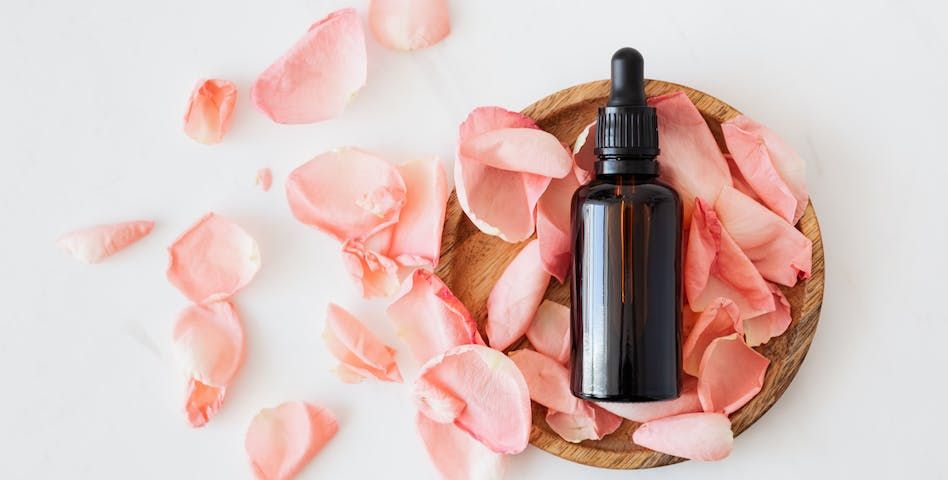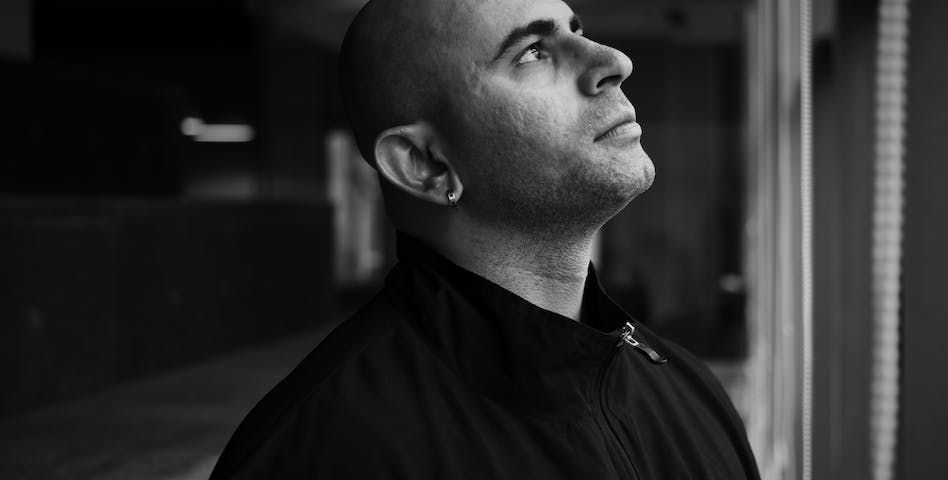Does Putting Warm Oil In Ear A Right Method To Keep Ears Healthy?
In this article, we will delve into the age-old tradition of ear oiling and examine its merits and potential drawbacks.

The practice of ear oiling has been around for centuries, believed to offer various health benefits for the ears. It is commonly performed by putting warm oil into the ears, and it's often hailed as a traditional method to maintain ear health. However, the effectiveness and safety of this practice have sparked numerous debates. In this article, we will delve into the age-old tradition of ear oiling and examine its merits and potential drawbacks.

Historical Significance
Ear oiling, also known as "Karna Purana," is an ancient practice rooted in Ayurvedic and alternative medicine systems. The tradition extends across various cultures and has been used to alleviate a variety of ear-related concerns, including earaches, excessive earwax, and even tinnitus.
The Concept Behind Ear Oiling
The rationale behind ear oiling is relatively simple. Warm oil is introduced into the ear canal to soften and dislodge earwax, helping to prevent or alleviate ear blockages and discomfort. In some cultures, ear oiling is also considered a preventive measure to maintain ear hygiene.
Types of Oils Used
A variety of oils can be used for ear oiling, including coconut oil, sesame oil, olive oil, and even specialized ear drops available over the counter. Each type of oil may have unique properties, and the choice often depends on regional preferences and availability.
Benefits of Ear Oiling
Proponents of ear oiling suggest several potential benefits, such as:
- Earwax Removal: Warm oil can help soften and dislodge earwax, which may otherwise cause blockages and discomfort.
- Preventing Ear Infections: Some believe that ear oiling creates a protective barrier against pathogens, reducing the risk of ear infections.
- Tinnitus Relief: It is believed to alleviate the symptoms of tinnitus, although scientific evidence is limited.
- Earache Management: Warm oil may provide relief for minor earaches.

Drawbacks and Risks
Despite the perceived benefits, there are certain drawbacks and risks associated with ear oiling:
- Ear Damage: Incorrect application of oil or using oil that is too hot can cause burns or damage to the ear canal.
- Ineffective for Ear Infections: While it may provide relief for minor ear discomfort, it is not a substitute for proper medical treatment in cases of ear infections.
- Earwax Compaction: In some cases, ear oiling may lead to further compaction of earwax, making it more challenging to remove.
- Limited Scientific Evidence: The scientific evidence supporting the benefits of ear oiling is limited, making it difficult to ascertain its true effectiveness.
- Risk of Allergic Reactions: Some individuals may experience allergic reactions to specific oils or additives in commercial ear drops.
The Role of Supplements
In the realm of ear health, it's essential to consider additional measures beyond traditional practices like ear oiling. Vita Hear Plus is a supplement specifically designed to support ear health. While ear oiling can be a part of your ear care routine, incorporating this thing can provide comprehensive support for your hearing and ear wellness. This supplement can be of great help in maintaining your ear health in a holistic manner.

Conclusion
The practice of putting warm oil in the ears as a means of maintaining ear health has deep historical roots and is valued by many cultures. While it may offer some benefits, it is essential to approach it with caution and consider the potential risks and limitations. In addition to traditional practices, incorporating supplements can provide a well-rounded approach to ear health, ensuring that you give your ears the care and attention they deserve. Always consult with a healthcare professional for guidance on maintaining your ear health.